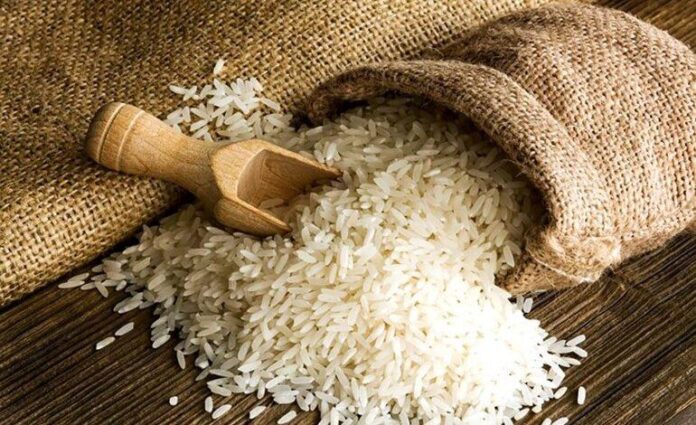
Rice prices have surged for the third consecutive week, reaching their highest levels since October 2008. The significant price increase raises concerns about inflationary pressures, given that rice forms a staple part of the diets of billions of people in Asia and Africa.
Data from the Thai Rice Exporters Association, as reported by Bloomberg, reveals that the price of Thai broken white rice – the price standard in Asia – rose to $659 per ton on Wednesday, marking a 15-year high. Prices have risen by approximately 38% so far this year, primarily due to India’s restriction of rice exports and the adverse impact of dry weather on production.
Moreover, some countries are increasing their rice purchases to stock up amid fears of potential supply shortages in the coming months, driven by the El Niño climate phenomenon. The upward trajectory of rice prices began in early August when India, one of the largest exporters of rice, imposed significant restrictions on shipping.
Additionally, the Thai crop has been threatened by drought-like conditions, leading to further supply concerns. Although prices dipped in September and October, they accelerated their upward trend in November. As a result, food inflation is expected to remain high in the coming months, particularly in rice-dependent countries like the Philippines.
Indian Prime Minister Narendra Modi is reportedly concerned about a spike in food price inflation ahead of next year’s general elections. Despite export restrictions, favorable harvests, and sufficient stocks, the cost of rice continues to rise. The Food Ministry has called on mills to reduce retail prices to alleviate the impact on consumers.
Furthermore, Indonesian Prime Minister Sritha Thavisin recently expressed Indonesia’s intention to purchase two million tons of rice from Thailand by the end of next year, highlighting strong demand for Thai rice. Adding to the challenges, the El Niño phenomenon, known to cause drought and adversely affect crops across Asia, is projected to result in a 6% reduction in Thai rice production in 2023-2024.
The surge in rice prices is a cause for concern as it can potentially fuel inflationary pressures and impact the affordability and access to an essential food source for millions. Governments and relevant authorities will need to closely monitor the situation, taking appropriate measures to ensure stability in the rice market and prevent further hardships for consumers.
Source: Q8 press











